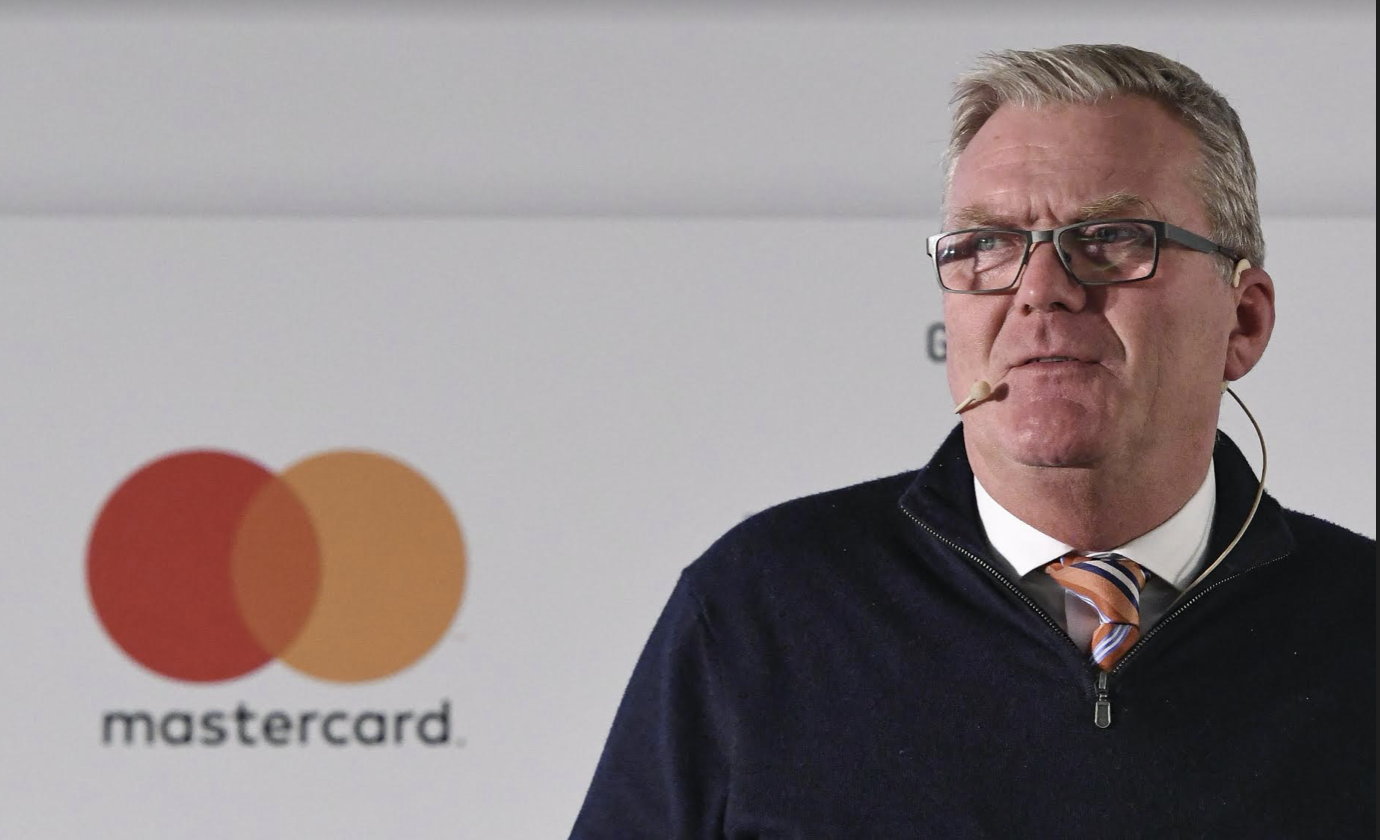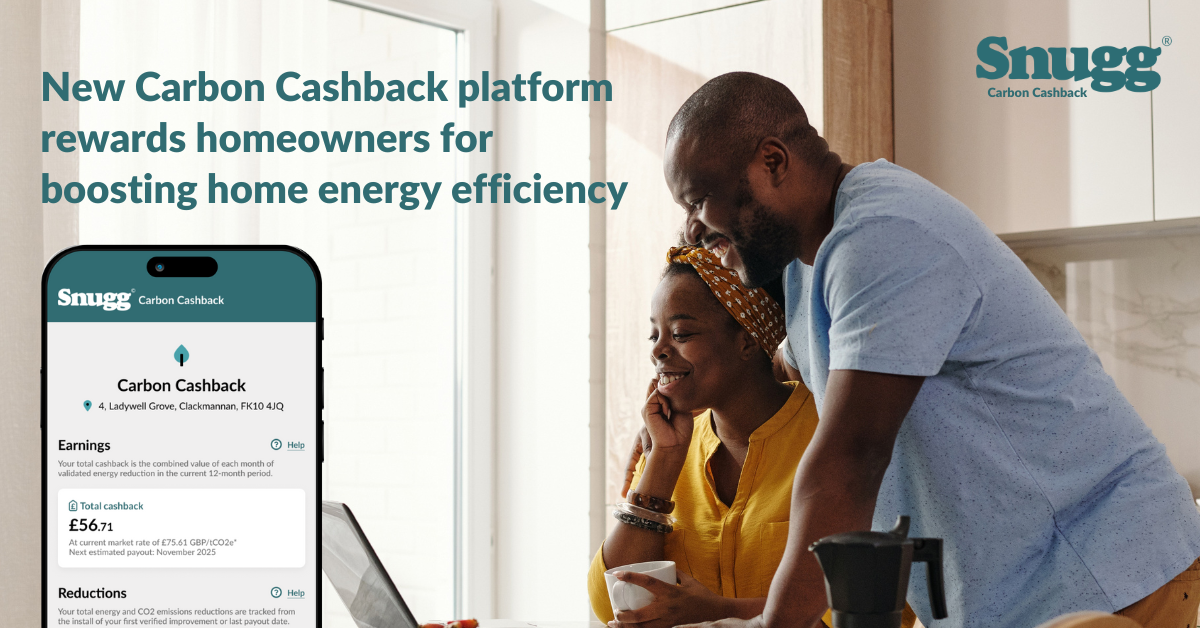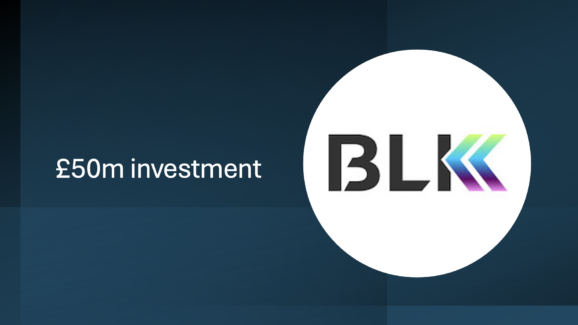An interview with Nicki Bisgaard, CEO at EedenBull

Congratulations on your recent announcement about the extension of your strategic partnership with Mastercard. Can you tell us a bit more about what it means for EedenBull?
Thank you. The strategic partnership with Mastercard is key as we continue to develop our new and innovative payment programmes, making it easier and safer for businesses to pay and get paid in an ever changing world. Both Mastercard and EedenBull service banks and their customers and seek to secure competitive advantages for the banks we service together. Having a partner like Mastercard strengthens our ability to innovate through direct access to Mastercard’s assets and expertise, it significantly strengthens our distribution power and it creates significant awareness throughout the European marketplace for who we are and what we can do. That said, there are obvious benefits to Mastercard too. Through EedenBull they gain access to highly specialized expertise particularly in commercial payments as well as an extremely committed team of developers.
Can you speak to us about some of the new developments at EedenBull?
As you know, we have already launched our Q Business payments and spend management platform which is a direct response to universal requirements of small and medium sized businesses, organisations of different sizes and the public sector for enhanced control, spend visibility, and streamlined payments processes. The programme is currently being distributed by 65 banks in Norway with several thousand businesses already using the service. We are continuously developing new and exciting features and functionalities, always with a customer centric approach, understanding and responding to customers’ real issues and challenges.
With the current COVID19 situation have you seen more companies approaching you to manage expenses remotely?
The short answer is yes. We are seeing a great interest in our services from exisiting and potential new partner banks around the world as well as from their customers. The pandemic has certainly brought about an increased awareness of payments related issues facing businesses of all categories and sizes. Even prior to the outbreak, we already had a situation where new regulations, new technologies and new players were changing the way businesses and consumers were thinking about payments. Many of the trends we saw emerging towards the end of 2019 have been accelerated by the pandemic. Think about contactless payments, e-commerce, cashflow, need for working capital to mention but a few.
You opened your Scottish office last year; can you tell us about what your experience of the Scottish fintech cluster has been so far?
It’s been great. Ever since setting up shop in Edinburgh, or even way before, we have enjoyed the support we have been receiving from the Scottish fintech community in general and FinTech Scotland in particular. The access to likeminded businesses and organisations, the government in Scotland and the many extremely talented people we have been lucky enough to employ has quite frankly been instrumental in securing the momentum and successes we have enjoyed thus far.
Are you looking to grow your presence in Edinburgh in the next 2 years? How many people will you be recruiting?
Just to make one thing clear: We are staying in Edinburgh, no question about that at all. We love being a part of the fintech scene in Scotland and are committed to continuing over years to come. We will be growing our presence in Edinburgh over the next 2-3 years for sure and will be investing further in attracting talent to work in our team in Scotland. I would be surprised if we by end of 2022 had not increased the number of team members by any less than 100%.
What are the main differences between scaling up a fintech in Edinburgh and Oslo?
What a great question. Upon reflection I would have to say that I think scaling up in Edinburgh isn’t very different from scaling up in Oslo. In fact, probably much more similar than compared to many other locations we could have chosen. We find that the cultural differences are fewer than the similarities, the talent pool is similar, the governmental support on the same levels and the fintech scene is energetic in both cities. There are some obvious current and historic bonds between the two small nations which made it easy for us to come to Scotland and has made it easy for us to stay and to grow in Scotland. We love being here.



